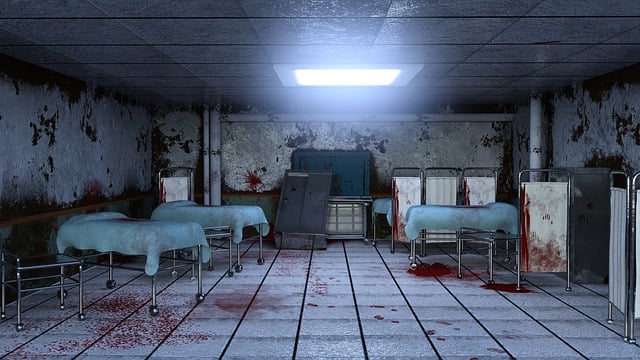Managing Rosacea: Symptoms, Triggers, and Treatment Options

Rosacea is a common and often misunderstood skin condition that can affect anyone, but it is particularly prevalent among fair-skinned individuals. It typically manifests as redness, visible blood vessels, and sometimes small, red, pus-filled bumps on the face. Understanding the symptoms, triggers, and treatment options for rosacea is crucial for managing this condition effectively.
Symptoms of Rosacea
The symptoms of rosacea can vary from person to person, but they generally fall into four main categories:
- Facial Redness: Persistent redness on the cheeks, nose, chin, and forehead.
- Visible Blood Vessels: Small blood vessels become visible under the skin, often appearing as a network of fine lines.
- Acne-like Breakouts: Red bumps and pimples that resemble acne but are not the same. These can sometimes be filled with pus.
- Eye Problems: Some individuals experience eye irritation, which can manifest as dryness, redness, or swelling.
Triggers of Rosacea
Identifying triggers is essential for managing rosacea effectively. Common triggers include:
| Trigger | Description |
|---|---|
| Sun Exposure | UV rays can exacerbate redness and inflammation. |
| Hot Foods and Beverages | Spicy foods and hot drinks can lead to flare-ups. |
| Alcohol | Certain types of alcohol, especially red wine, can trigger symptoms. |
| Emotional Stress | Stress and anxiety can worsen rosacea symptoms. |
| Weather Conditions | Extreme temperatures, wind, and humidity can trigger flare-ups. |
Treatment Options
While there is no cure for rosacea, several treatment options can help manage the symptoms:
- Topical Medications: Creams or gels containing metronidazole, azelaic acid, or ivermectin can reduce inflammation and redness.
- Oral Antibiotics: In more severe cases, antibiotics like doxycycline may be prescribed to help reduce inflammation.
- Lifestyle Changes: Identifying and avoiding triggers can significantly help in managing rosacea. Keeping a diary can assist in this process.
- Laser Therapy: For persistent redness and visible blood vessels, laser treatments can help reduce their appearance.
- Skincare Routine: Using gentle skincare products and avoiding harsh ingredients can help minimize irritation.
Take Charge of Your Skin
Managing rosacea may require some trial and error to find the right combination of treatments and lifestyle adjustments. It’s essential to consult with a healthcare provider or dermatologist to develop a personalized management plan. Regular check-ins can help monitor progress and make necessary adjustments.
For more insights into managing rosacea, check out this informative video:
Resources for Further Reading
For those looking to deepen their understanding of rosacea, the following resources are highly recommended:
